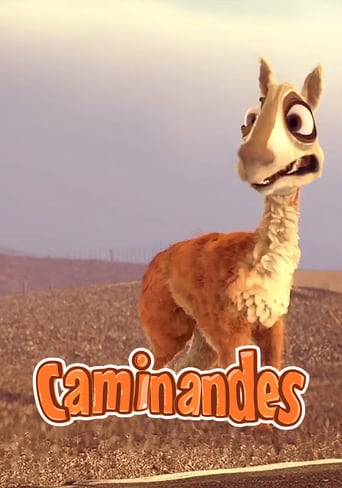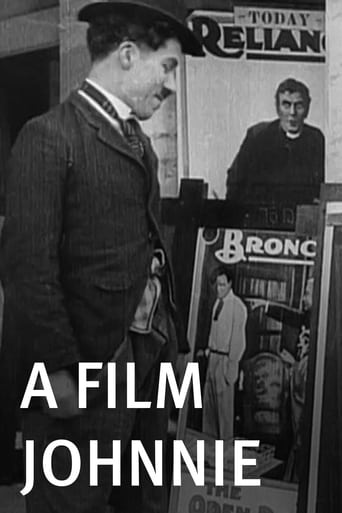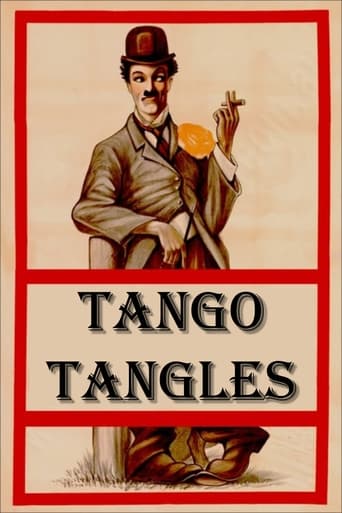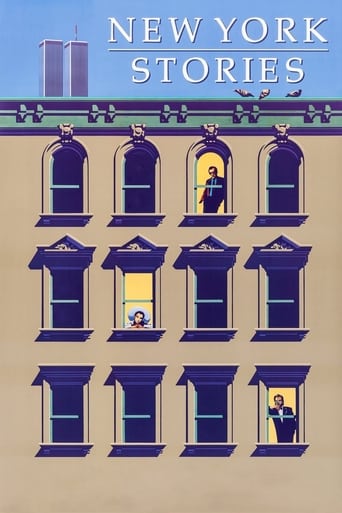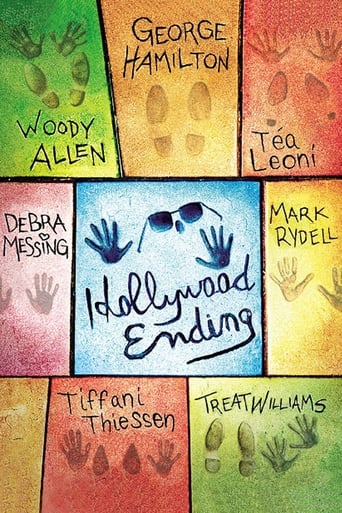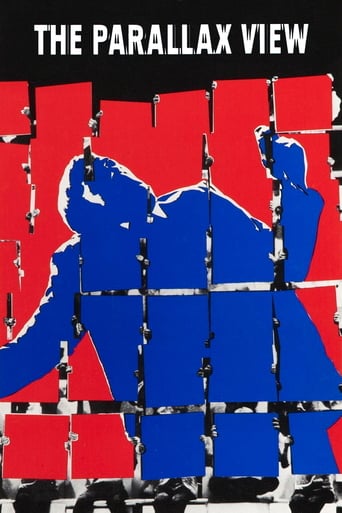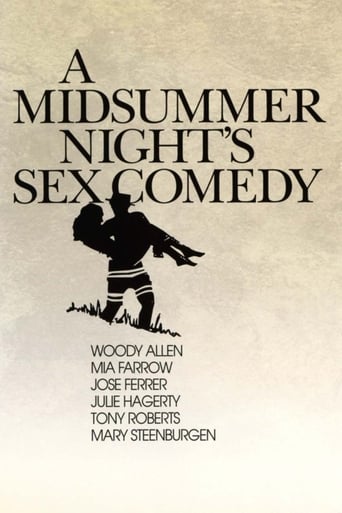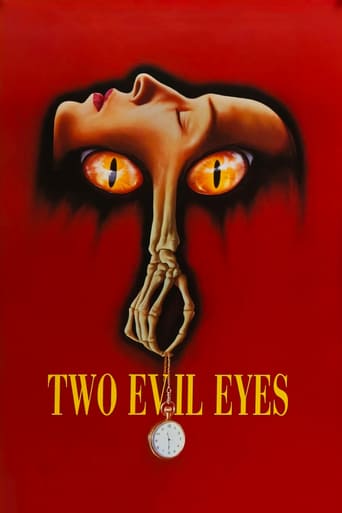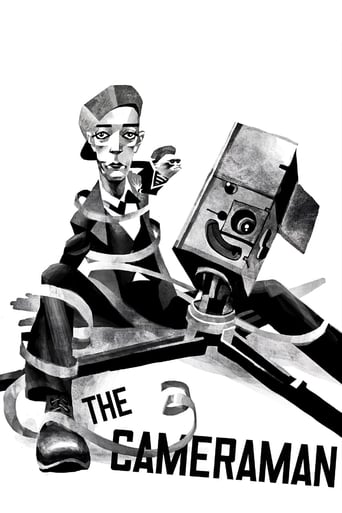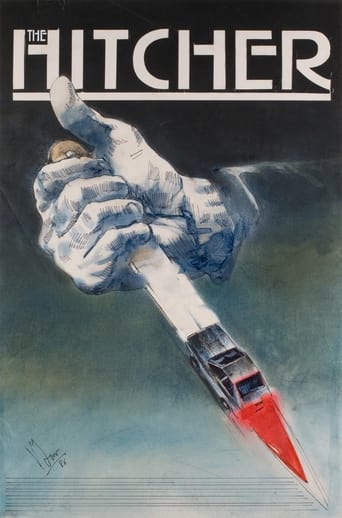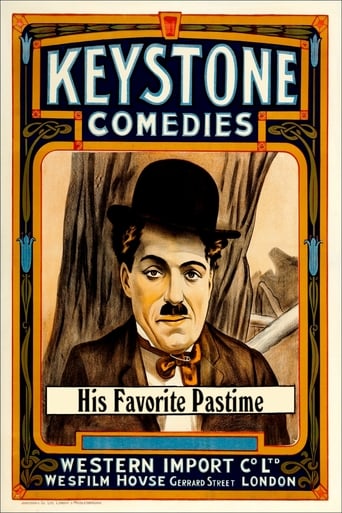


His Favorite Pastime
A very plastered fella follows a pretty woman home, and proceeds to make a nuisance of himself.
-
- Cast:
- Charlie Chaplin , Roscoe Arbuckle , Peggy Pearce , Frank Opperman , Jess Dandy , Hampton Del Ruth , Edgar Kennedy


Similar titles
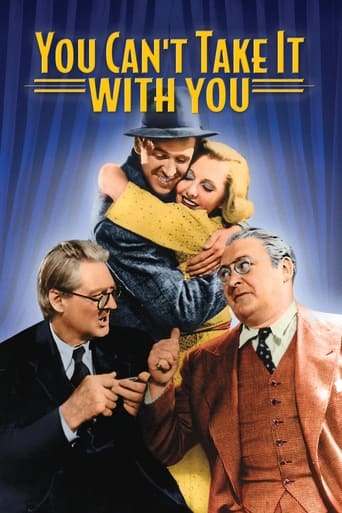
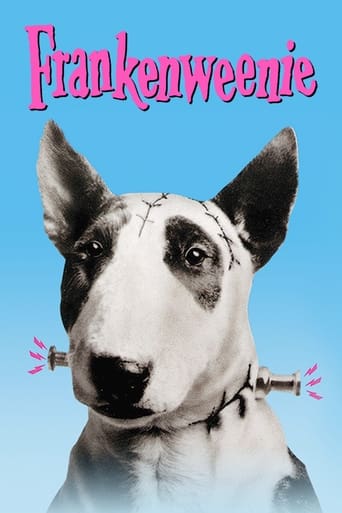

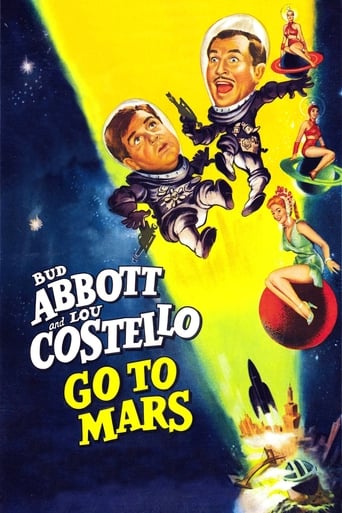
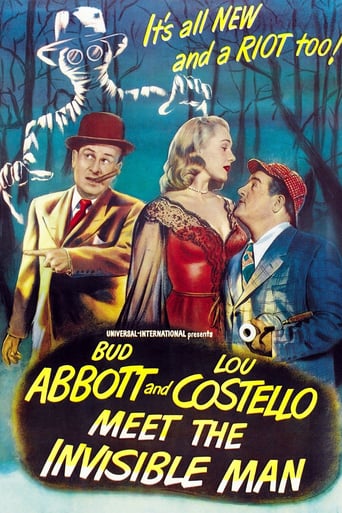
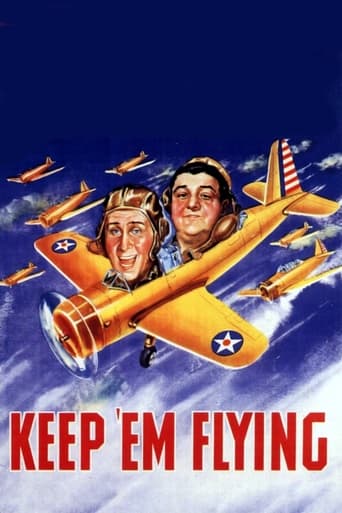

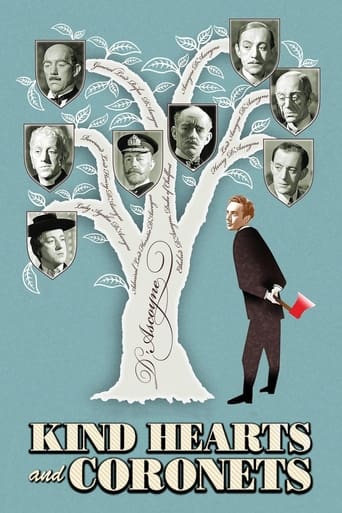
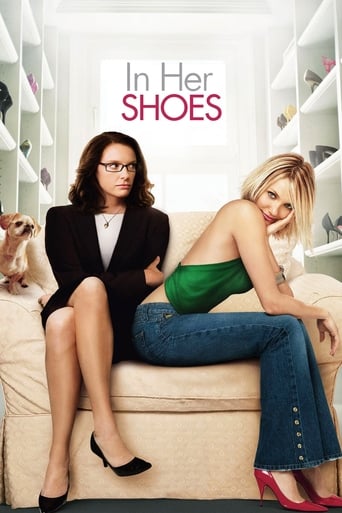
Reviews
Don't listen to the negative reviews
I cannot think of one single thing that I would change about this film. The acting is incomparable, the directing deft, and the writing poignantly brilliant.
This film is so real. It treats its characters with so much care and sensitivity.
There are moments that feel comical, some horrific, and some downright inspiring but the tonal shifts hardly matter as the end results come to a film that's perfect for this time.
One of the few farcical comedies in photoplays that gets continuous laughter. The comedian, whose favorite pastime is drinking highballs, is clever, ia fact the best one Mack Sennett has sprung on the public. He is a new one and deserves mention. The situations in this offering are finely handled. This is a real comedy. - The Moving Picture World, March 21, 1914
Chaplin in his seventh film, appears to be heading nowhere fast. The film repeats his drunken heel characterization from earlier films, and it repeats the exaggerated fighting, pushing, and shoving found in earlier films also. Fatty Arbuckle has a brief stint in the opening scene playing another rabble-rouser at the bar. Chaplin gets into trouble in the bar of course and then follows a lady to her home only to find out it's the maid, obviously played in black face. That scene and the lit match dropped in the bathroom porter's hand surprisingly spotlight racial humor of the time, which is anything but funny today. Chaplin has a few neat bits like riding the streetcar and somersaulting over a banister and lighting a cigarette without missing a beat. Otherwise, this is certainly one of Chaplin's lesser earlier efforts. *1/2 of 4 stars.
It is funny how public taste changes through the years. One comedy routine can be received with tremendous applause one year and be considered completely dated just a few years later. In March, 1914, Motion Picture News wrote of HIS FAVORITE PASTIME: "If there is an audience somewhere which does not roar with laughter while watching this comedy, then the minds of this audience are hardly in a defensible state." But although Chaplin always was proud of the fact that his comedy by common agreement remained "timeless," I'd be surprised if this one-reeler ran along all that well if screened to an audience today.(*SPOILERS*) Chaplin appears in his famous outfit, but as my fellow-reviewers have pointed out, he is completely unrecognizable as "The Tramp" in terms of behavior. The entire story could be summarized by a single sentence, really: a highly intoxicated Charlie causes havoc at the bar of which he is quickly thrown out; outside, he is attracted to a woman and follows her by the streetcar while she takes a cab; he finally breaks into her house, only to wake the hostess of the house, who beats him up along with the husband of the pretty woman. (*SPOILERS END*)Seen through the eyes of today, only a few bits of comedy stand out; one nice moment occurs when Charlie somersaults from a balcony to land in sitting position on a sofa inside, but most of the comedy presented here is probably hard to grasp to anyone not really familiar with the Keystone-universe, how its inhabitants interacted and behaved; and even if you are familiar, the film will probably stand out as quite mediocre in any case. To be sure, at this point Chaplin was still appearing in films made by others, and it is well reported that the comedian went through quite a difficult time with director George Nichols, who strictly believed in the "old methods" and responded unenthusiastically to Chaplin's suggestions. This, added by Chaplin's own inexperience with film, didn't make circumstances good for creativity.All this being said, however, I would like to point out that it is important to not only put HIS FAVORITE PASTIME into context regarding the circumstances under which it was made, but also under an historical context. This film is not the film to begin an acquaintance with Chaplin's work, but there is one tiny fact we must keep in mind, whether we like it or not: although there might be little amusement to be found here for anyone alive in 2007, the mentioned Motion Picture News-review confirms that HIS FAVORITE PASTIME did apparently offer plenty of laughs in 1914; and that was, quite certainly, Chaplin's intention when he appeared in this film. Nowadays filmmakers are likely to hope that their products will still be talked about a century from now, as more than a hundred years of experience with film has proved that some movies actually do achieve public interest that long. However, when HIS FAVORITE PASTIME saw release, movies had just recently become an industry; nobody imagined that these rough things would be available on a marvel called DVD generations later. A film was made to entertain there and then and in that respect, HIS FAVORITE PASTIME clearly fulfilled its purpose. As for Chaplin's performance here, whose crude nature makes for quite a contrast to his far more likable, sentimental character of just a year or two later, I'll admit that I find the Tramp of the Keystone-period to often be quite hilarious, even when he is as unrefined as seen here. He is such a selfish, determined and insensitive little fellow, but Chaplin even here equips him with a certain gracefulness and rhythm that makes his mere appearance plain funny, once you get used to it.I'm saying it for the last time now: HIS FAVORITE PASTIME is not a memorable film, but it did amuse the parents of your parents or even the parents of your parents of your parents, and that, I think, is the most relevant thing. It should also be noted that the copy I possess is not in good shape, and it could be that a thorough restoration would put it in a somewhat better light.LATER UPDATE--sure enough, BFI/Flicker Alley's 2010-reconstruction of HIS FAVORITE PASTIME makes it a more enjoyable film. As it turns out, some scenes and bits of comic business had been cut from the rusty copy of the film I'd previously watched, and while none of the cut material transforms the film into anything approaching a masterpiece, it did make me chuckle a few more times. Even here, Chaplin's pantomime is often rather subtle compared to the supporting players surrounding him.
His Favorite Pastime is only about 16 minutes long, yet I found it so boring I nearly fell asleep. The plot makes even less sense than usual, and Chaplin seems to be sleepwalking through the comedy. There are a few interesting gags, such as The Tramp vs. a pair of saloon doors, and later, the Tramp riding the front of a streetcar, but nothing really gels in this early silent Chaplin. His drunk act was starting to get old by this point, and in fact the character he plays here is little different than the character he played in his previous film, Tango Tangles, except that the comedy in the earlier short is far superior.My advice: unless you have a desire to see every film Chaplin made, good or bad, skip this one.

